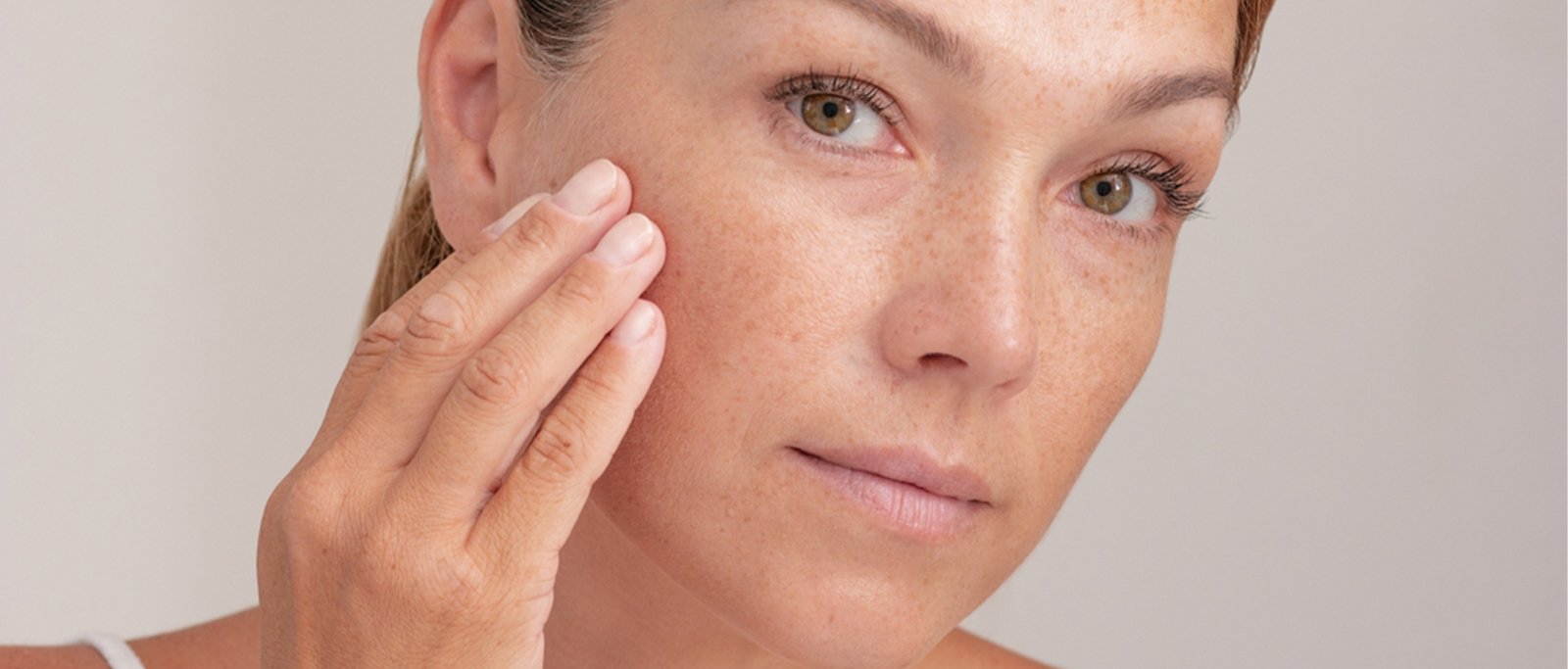Skin pigmentation disorder is a condition where there are changes in skin color in the form of either darker or lighter patches. We get our color of skin from a pigment known as melanin. Specific cells which are present in the skin prepares melanin. Production of melanin is affected when those cells become injurious or unhealthy. Some pigmentation disorder affects us partly while some affect our whole body. It usually starts from hands and later on faces.
There are two kinds of pigmentation disorder which are:
Hypopigmentation– It refers to patches of skin that are lighter than your actual skin tone. Hypopigmentation takes place when your skin fails to produce enough melanin which results in lighter skin patches.
Hyperpigmentation– It refers to patches of skin that are darker than your actual skin tone. Hyperpigmentation takes place when your skin overproduces melanin which results in darker skin patches.
There can be many causes of skin pigmentation disorder. Some of them are as follows:
1. Melasma
Melasma is a common skin condition. This condition generally affects the area of the face and causes brown patches. Mostly, women are affected due to melasma more than men. This condition may trigger due to hormonal changes and sun exposure.
2. Vitiligo
Vitiligo is a condition that can affect any portion of the body. This condition arises when the cell that generates melanin stop functioning properly. Due to this lighter patches can appear on the skin. The exact cause of this condition is not yet discovered but it is thought that the problem related to the immune system can be responsible.
3. Albinism
This is a genetic condition where a body is unable to produce enough melanin which results in little or no pigment in the skin.
4. Post
Inflammatory hypopigmentation or hyperpigmentation. This is short term rise or falls in skin pigment. It may occur due to blisters or burns. Other causes of skin pigmentation disorder can be overexposure to the sun, ageing, dryness of skin, dietary deficiencies, hormonal changes or healing of wounds.
FAQs
There are various treatments available for pigmentation disorder. Some of them are mentioned below
– Microdermabrasion with electroporation
aluminum oxide crystals to exfoliate the skin and get rid of dead and dry skin cells. Electroporation is a process in which pulses of electricity allow the pores in membranes to open in order to allow better absorption. This process promotes the regeneration of new cells rapidly and skin becomes firmer, toned, and youthful.
– Microdermabrasion with chemical peel
Microdermabrasion treatment is used to remove the epidermis. Microdermabrasion is also effective in smoothing wrinkles, sun damage, acne scar, injury scar, etc Chemical peels help in treating various skin blemishes and it helps to eliminate impurities which are deep inside our skin.
– Laser treatment
Laser treatment is one of the most effective treatments for removing unwanted pigmentation. The laser targets the pigmented area and reduces the appearance of pigmentation and post-trauma pigmentation. This treatment will leave skin with an even tone and a better complexion.
– Blood-derived Growth Factors treatment
Blood-derived Growth Factors injections help in supplying growth factors which result in a reduction of pigmentation. Moreover, there were 30 bioactive substances present in platelet-rich plasma which plays important role in increasing skin volume and provides many other different benefits to the skin.
When a patch of discolored skin appears and it does not fade away then it is best to consult a doctor without any further delay. It is also important to consult a doctor when a mole changes its size, shape, or texture.
Small patches of skin that are lighter than actual skin tone or small patches of skin that are darker than actual skin tone. It generally starts with the hands or face and in some cases, it affects the whole body.
Laser treatment only targets the specific area of pigmentation so it does not damage the surrounding area or the tissue and your laser treatment will be performed by highly trained doctors and nurses at adore clinic.

